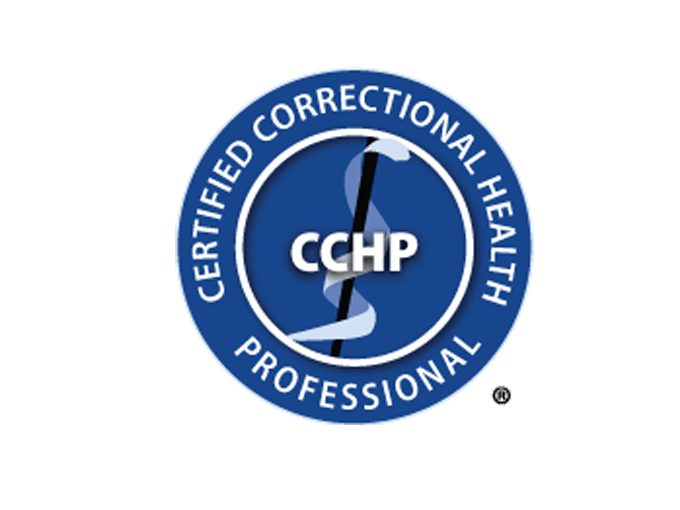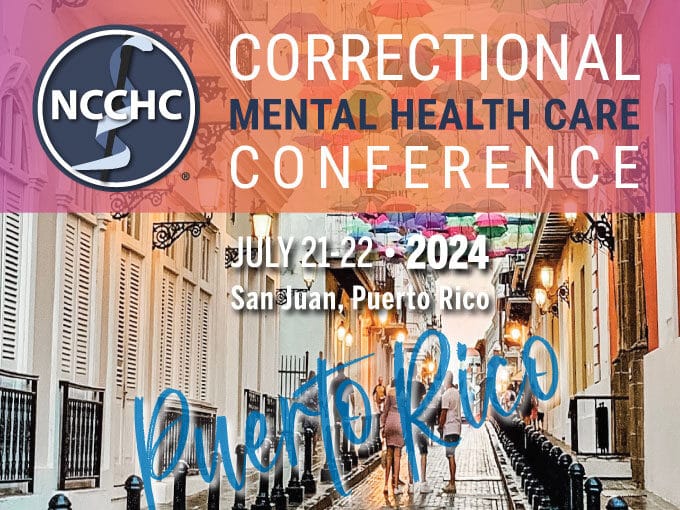 Jul 10, 2023
Jul 10, 2023NCCHC Updates Position Statement on Breastfeeding in Correctional Settings
The National Commission on Correctional Health Care published its first position statement on breast feeding in 2017; the statement was updated and endorsed this year.
NCCHC supports and recommends making accommodations for nursing individuals in custody, including at short-stay facilities, that will enable them to maintain their breast milk supply and, when feasible, to directly breastfeed their infants. Wherever possible and not precluded by security concerns, correctional facilities that house pregnant and postpartum individuals should devise systems to enable them to express breast milk for their infants and to breastfeed them directly.
The following practices are ways to support this objective:
- Allow immediately postpartum individuals to breastfeed their infants in the hospital, ensuring that they are not separated from their infants (unless medically indicated) prior to hospital discharge and that they have access to lactation support services.
- Screen women on entry to determine if they have given birth within the past 2 years and whether they are lactating.
- Counsel pregnant individuals on the benefits and nutritional needs of breastfeeding and inform them of the systems and supports in place at the facility.
- Provide accommodations to express breast milk, since regular breastfeeding on infant demand is rarely feasible for individuals in custody. Accommodations may include providing a manual or electric breast pump and storage bags, a private place to pump on a frequent basis, a freezer, and a system for proper storage of the breast milk and, when possible, transfer to the infant.
- Support frequent visiting arrangements that allow direct contact between infants and birth parents, for breastfeeding and non-breastfeeding birth parents.
- Develop an arrangement for lactation specialists to provide support to individuals in custody when needed.
- Ensure appropriate supplies and timely access to a clinician to address potential postpartum breast issues for lactating and non-lactating individuals, such as breast engorgement, blocked ducts, or mastitis.
- Provide breastfeeding individuals with a special diet with appropriate caloric, fluid, calcium, protein, and vitamin D intake. Prenatal vitamins offer a convenient way to provide essential nutrients that may be missing.
- Advocate for alternatives to separating postpartum individuals from their infants, to promote the multigenerational health benefits of breastfeeding and infant bonding.
- Partner with community programs that facilitate continuation of breastfeeding/lactation and/or cohabitation with newborn or infant.
- Establish systems to track frequency of postpartum and lactating individuals in custody to enable quality improvement.
The American College of Obstetricians and Gynecologists (ACOG) endorsed the statement in June 2023 and promotes it as ACOG clinical guidance.
Read and download the the full position statement.

 Jul 10, 2023
Jul 10, 2023

